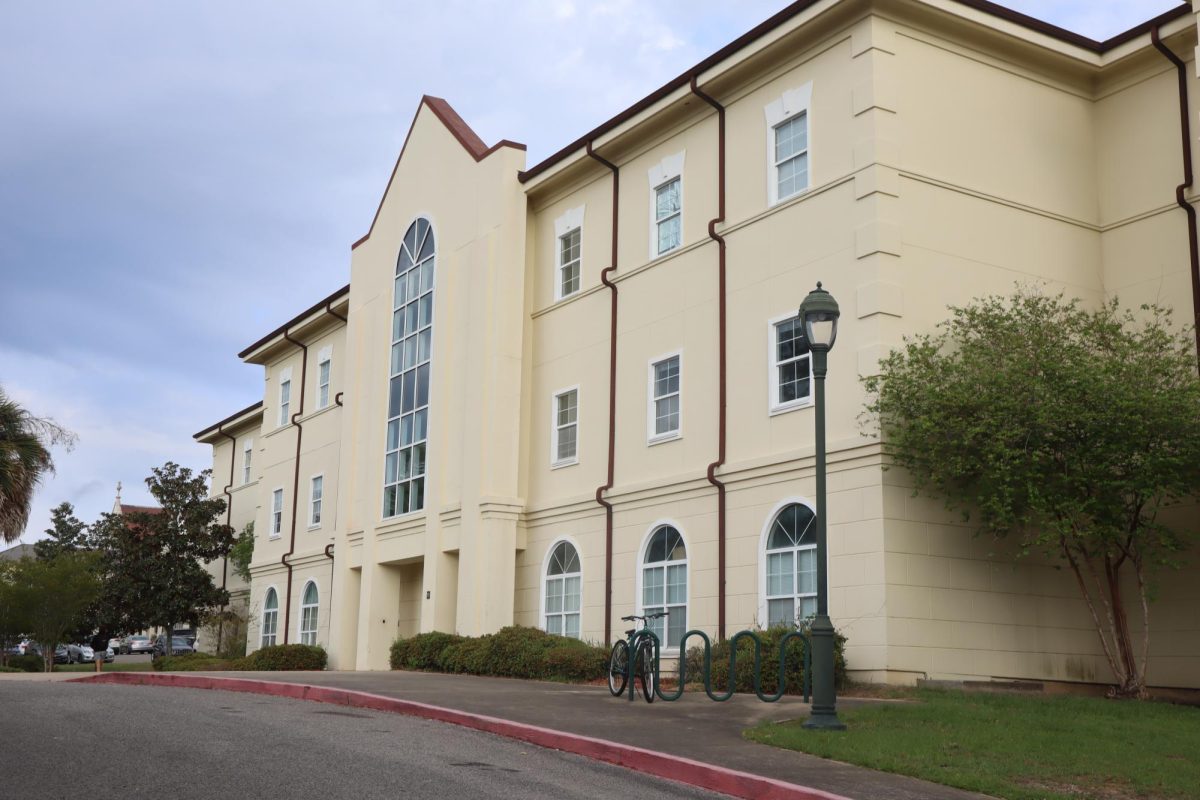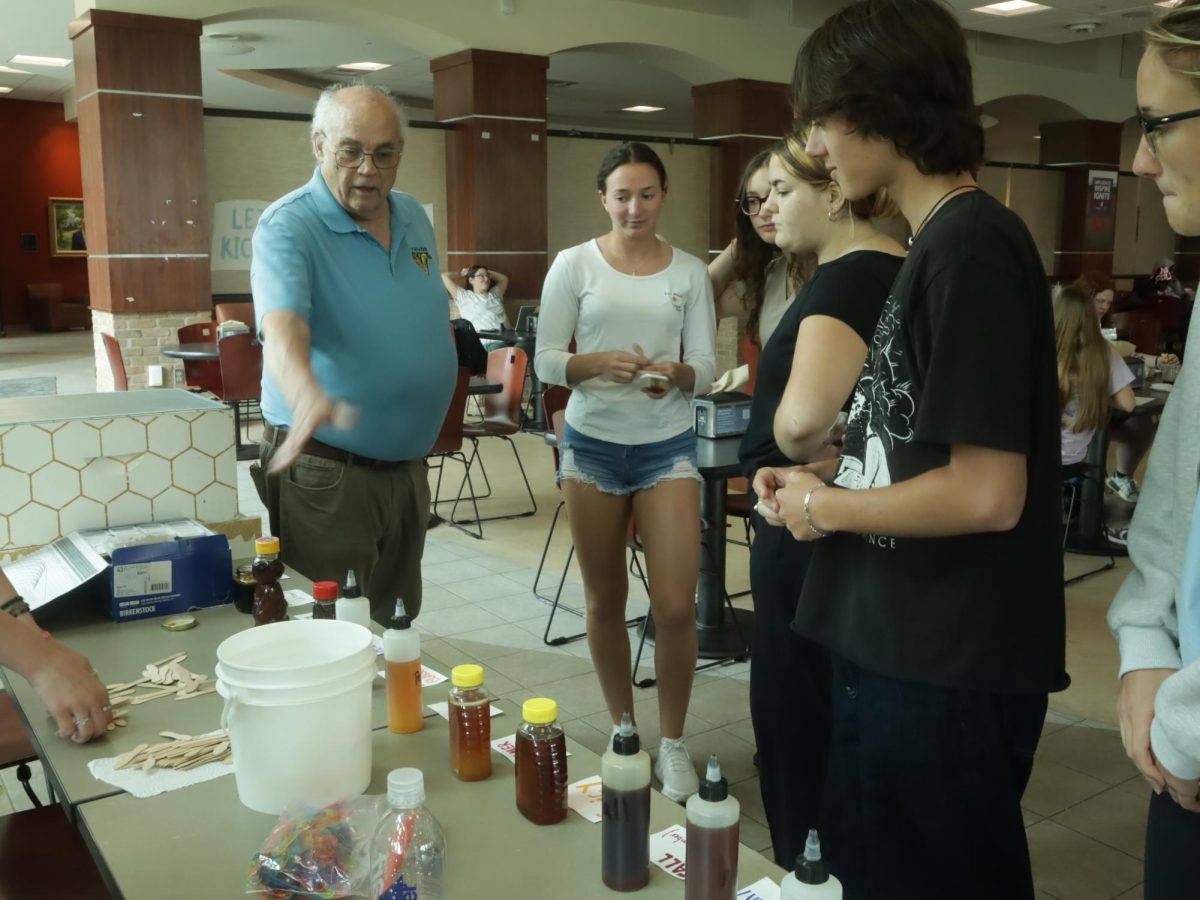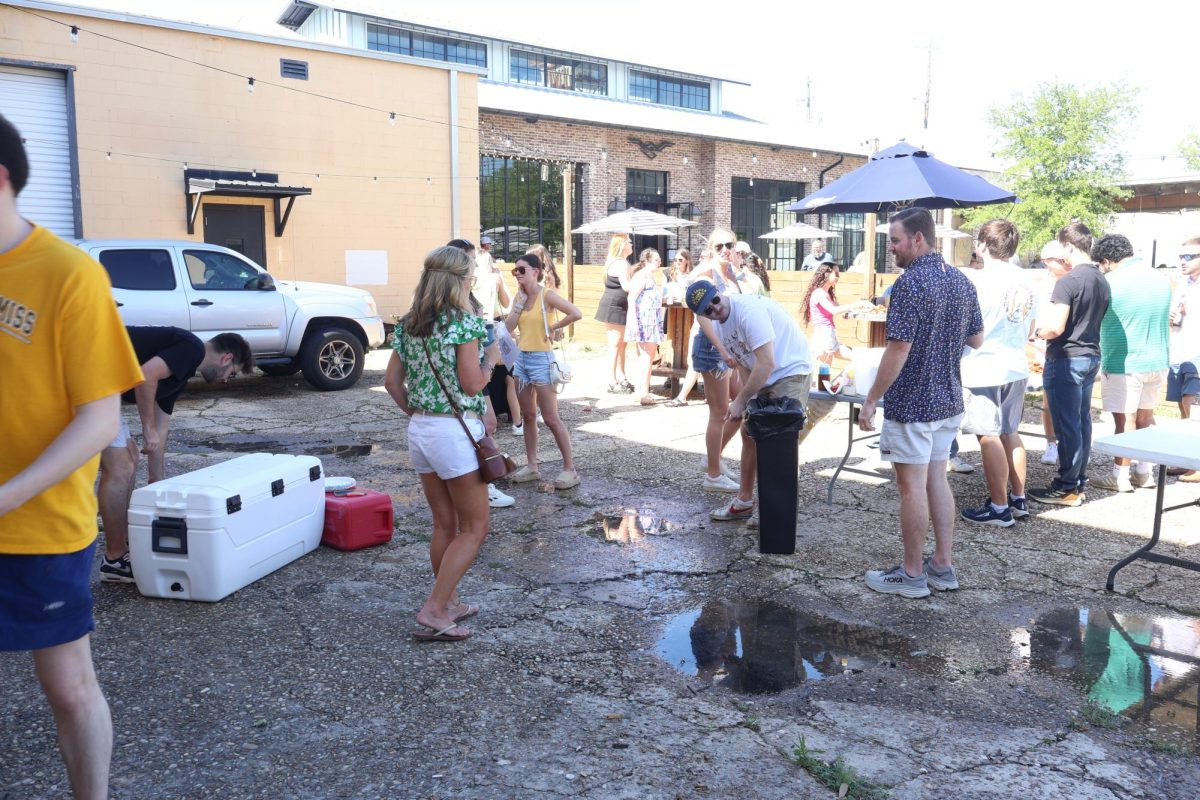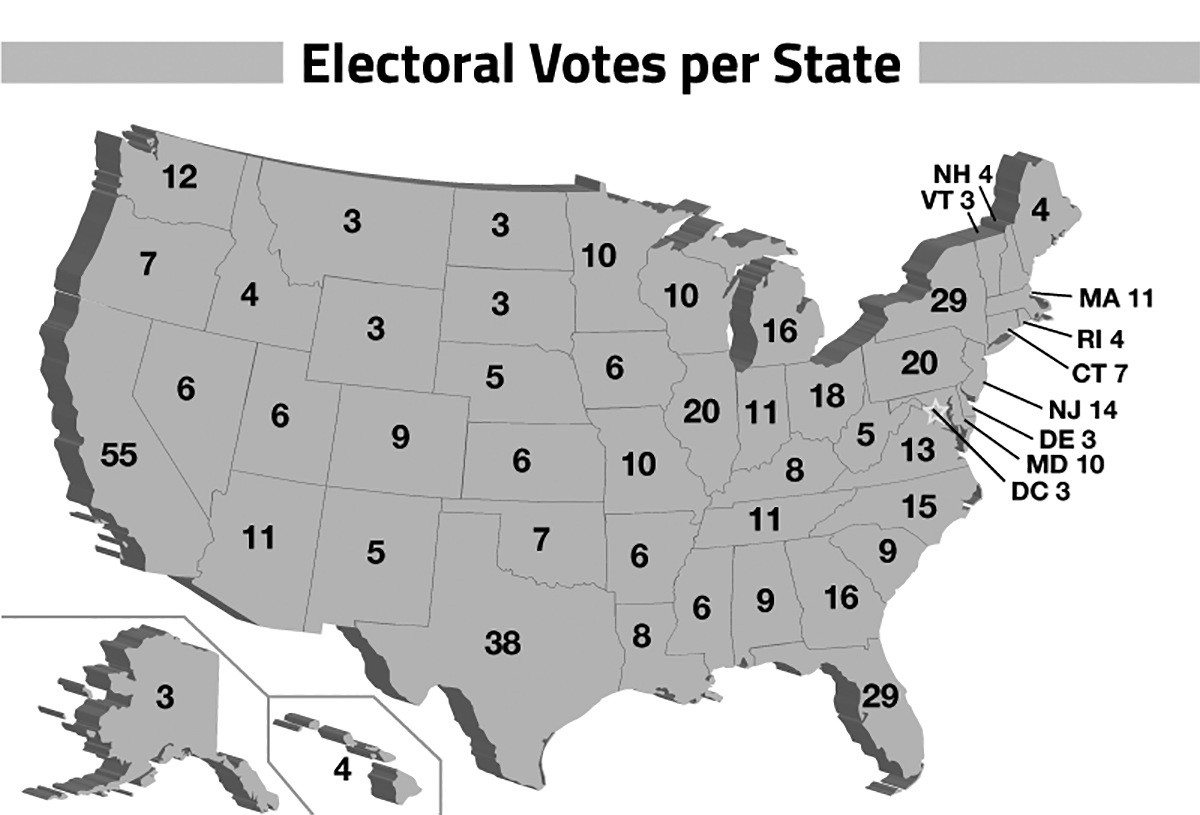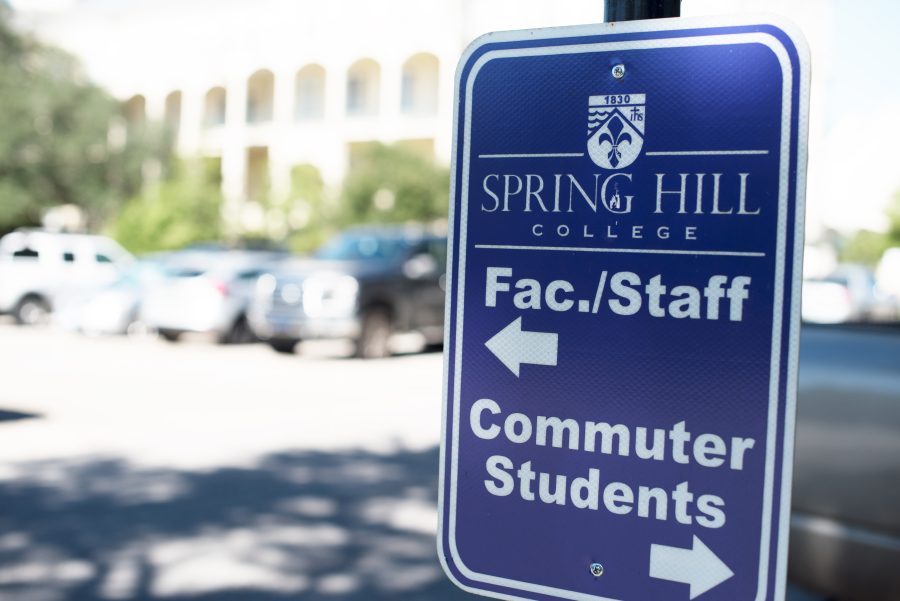As graduation quickly approaches, I have realized that for the past four years I have belonged to one specific group during my time on campus: the commuters. As a commuter, there are many days where you wake up early for class just to sit in traffic, drive thirty minutes in the pouring rain, over sleep and attempt to drive like Dale Earnheart just to make it remotely on time to class, and while facing these challenges in travel according to Complete College America over 75% of commuter students are also juggling a job, school, and family.
At Spring Hill College the number of commuter students is at an all time high on campus. In the current Freshman class alone, there are 114 commuter students on the Spring Hill College campus. These commuter students travel from the Mobile and Baldwin county areas to attend Classes at Spring Hill College. Many people will ask us as commuter students, How do we connect to those on campus? While this is a question we have answered so many times it seems rehearsed, the answer is simple: It is very hard as a commuter to feel connected on campus but we give our best effort to get as involved as possible on organizations on campus. This is just one of the many challenges commuter students face today because while “fitting in” is difficult it is not the only thing we attempt to do while on campus. A commuter is has limited interaction with students on campus because we are restricted to the classroom and occasionally the caf between classes. Most commuter students lack the experience of late nights on the common room, or piling into a pod where all their friends have gathered in preparation for a night spent downtown or at the apartments which in my opinion is a large part of the college experience.
As a commuter myself, freshman year was not only a difficult transition from high school to college, but from living at home and going to school five days a week for eight hours to an inconsistent schedule three days a week. It was very difficult trying to travel thirty minutes from home to school two or three times a day in order to make it to my classes, and I found myself going off campus between classes rather than spending time in the cafeteria or in the Student Center. In addition to traveling for class, I was also traveling an additional twenty minutes to work immediately after classes dismissed. As a senior now looking back at my time at Spring Hill, I encourage those new commuters on campus to take the time to eat in the caf or watch tv in the student center between classes and even speak to those next to you in class because these are the ways you will connect on campus.
While commuting challenges are present in the social aspect of college, they are also present in the academic aspect. Commuters must make additional trips to campus in order to meet with professors during office hours, whereas residential students are able to walk over from their living space. Informal and limited interaction with faculty/staff make it challenging for commuters to connect with those that are to be playing a role in shaping their future. Because of this informal connection to the social and academic aspect of college, research shows that commuters have lower retention rates than those students residing on campus. In Vincent Tinto’s novel “Leaving College” his research indicates that “students who have high interaction with their university’s academic and social systems are more likely to persist in college.” Because commuter students have less interaction with those on campus we tend to lack the formation of quality relationships with these individuals therefore proving less likely to cultivate a strong relationship with the university and are more likely to dropout or transfer colleges than those residential students.
Spring Hill College is offering residence for commuters in Walsh Hall because the number of commuters is so high. By allowing commuters to stay on campus, Spring Hill College is finally offering a way for these commuters to live the college life of a residential student. Well done Spring Hill, well done.











